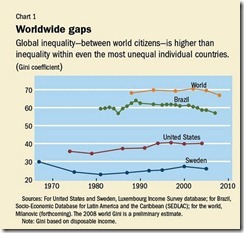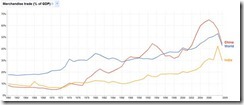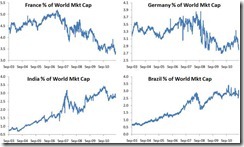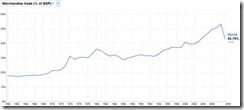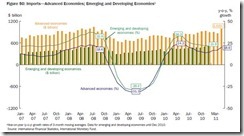Super Chinese and Russian millionaires seem to have a penchant for English household workers.
Earlier I posted news which exhibited a surge in demand for British nannies, this time we are told that demand for English butlers have been the chic.
From the Bloomberg
English butlers, synonymous with Reginald Jeeves in the novels of P.G. Wodehouse, are answering more calls from super-rich Chinese and Russian clients as wealth shifts between east and west.
The Guild of Professional English Butlers has trained 20 percent more butlers this year than last, placing them with clients as soon as they are ready, according to Robert Watson, head of the firm in southern England, last week. The number of domestic staff registered with Greycoat Placements has trebled over the past three years, Managing Director Debbie Salter said.
“Demand is outstripping supply,” Watson said by telephone. “We deal with people who often are cash rich and time poor. The credit crunch did affect things for a time, but before you get rid of the butler, get rid of the Ferrari.”
As Europe struggles with a debt crisis and the U.S. tries to revive its economy, burgeoning growth in emerging markets is boosting spending on luxuries like never before, and creating opportunities for more people to look after them.
The ranks of millionaires in 10 major Asian economies will more than double to 2.8 million by 2015, according to a Julius Baer Group and CLSA Asia Pacific Markets report on Aug. 31. China’s economy grew 9.1 percent in the third quarter from a year earlier, compared with U.S. growth of 1.5 percent.
We need to qualify who the nouveau super rich Chinese and Russians are, because many of them have attained their status via political privilege.
Yet, shifting preference for Western household workers by EM super millionaires could also signify symptoms of the ongoing wealth convergence from globalization.
And such dynamic could be magnified by the continuing trend to adapt inflationist policies by the West, as Emerging Markets open their economies to the world and or to domestic entrepreneurship. Interesting signs of evolving times.
